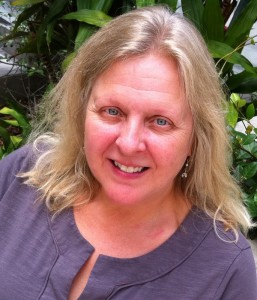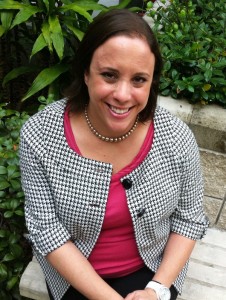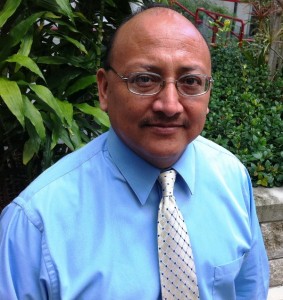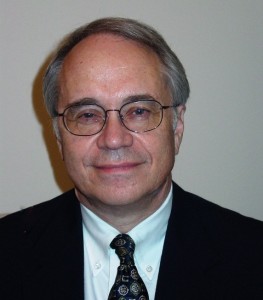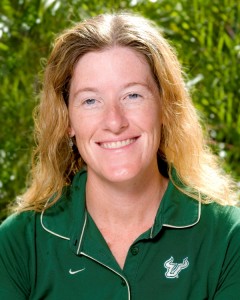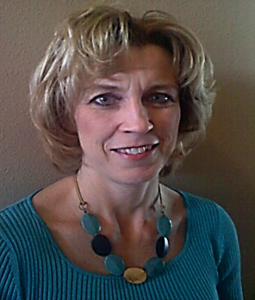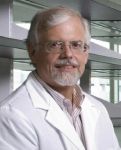The USF College of Public Health admitted nearly 700 students this fall—a record according to Todd Williams, MEd, academic services administrator in the college’s Office of Academic and Student Affairs. The new class includes 254 undergraduates, 404 graduate and 38 doctoral students.
An increase in demand for online courses is one driving force behind the rising enrollment.
The August issue of The Nation’s Health recently featured the college’s online programs in an article titled, “Online public health education growing in popularity in U.S.: More students forgoing classrooms.”
“At the University of South Florida College of Public Health, enrollment in online public health degree programs has more than doubled since the middle of the last decade. The university was one of the first to offer distance-based public health education,” said Deanna Wathington, MD, MPH, associate dean for academic and student affairs at the College of Public Health.
Of the 75 online courses offered this fall, 33 are graduate level, 42 are undergraduate level, and seven of them are new.
Additionally, nine of the college’s 23 graduate certificates are completely online and students can earn a master of public health degree in epidemiology, global disaster management and humanitarian assistance, health administration, or public health practice in a virtual format.
“Online enrollment is up 15% from last fall and registration doesn’t close until August 31,” said Sandhya Srinivasan, MPH, MEd, director of the Office of Educational Technology and Assessment. “When compared to fall 2011, we have a 50% increase in the number of undergraduate courses and 17% increase in graduate courses offered online.”
Currently, more than 3700 students are enrolled in online courses.

At orientation, students tried their hand at spinng a wheel that tests their public health knowledge
* * *
Fall orientation for new students was held on August 20 and 21. For the first time, the event expanded to include two days of workshops, information sessions, and a keynote speaker.
Retired Lt. Gen. Martin Steele dedicated his life to the U.S. Marine Corps. Currently, he serves as associate vice-president for Veterans Research and executive director of Military Partnerships at USF. However, on Monday, August 20, Gen. Steele had one task in mind—impressing upon students that “If we aren’t involved in the health of our community, then we aren’t citizens of the world.”
For 30 minutes the audience was completely silent, captivated by his story. Born in Philadelphia, Steele was reared in Fayetteville, Arkansas, witness to the pains of integration, holding his mother’s hand as she took her final breath, and a 34-year combat veteran.
“As a Marine, I helped people who had no clean water and no sewage treatment. I helped them understand why their infants were dying because of their lack of resources,” Steele said.
“You are so important to the world right now. That’s why we have to learn to stop killing each other and learn to care for each other instead … that’s what public health is about—loving one another.”
In his closing remarks, Steele issued four marching orders to students.
Seize the day. You can’t bring back yesterday and can’t predict tomorrow. What will you do to make the most of every day?
Bloom where you are planted. You need to bloom while you’re a student and learn everything you can.
Subordinate yourself to the task at hand. Let go of your ego. Don’t let it (or anything) get in the way of learning.
Finally, make the most of each other’s strengths rather than focusing on each other’s weaknesses. We are all human with failures.
Gen. Steele asked for undergraduates to raise their hands, then graduate students, followed by graduate students who earned a bachelor’s degree from USF. “Look to your left and your right. Use their strengths to help you navigate the college and USF.”
In closing, Steele reminded students that “Learning to love and sustain each other is the first alternative, rather than learning to kill each other.”
“You’re the ones who will make a difference.”
* * *
The start of a new academic year would not be complete without new faculty.
This fall, the Departments of Community and Family Health, Environmental and Occupational Health, Global Health, and Health Policy and Management welcomed six new faculty members to the college. They include Sheri Eisert, PhD, associate professor; Lianne Estefan, PhD, assistant professor; Ismael Hoare, PhD, assistant professor; Preston Mercer, PhD, professor; Jill Roberts, PhD assistant professor; and Lauri Wright, PhD, assistant professor.
Likewise, the Department of Global Health begins the year with a new academic chair, Thomas Unnasch, PhD. He joined the college as a State of Florida World Class Scholar in 2008 and his research interests include river blindness, filariasis, and arbovirus ecology in Florida. Unnasch serves as a scientific advisor for the World Health Organization, the Carter Center, and the Onchocerciasis Elimination Program in the Americas to name a few.
Incoming class stats:
- 700 admitted students—254 undergraduates, 404 graduate and 38 doctoral students
- 76% women and 24% men
- Students represent 39 states, plus the District of Columbia and Puerto Rico and eight countries (Canada, China, Ghana, India, Nigeria, Panama, Taiwan and the United States)
Source: USF College of Public Health Office of Academic and Student Affairs
Story and public health wheel photo by Natalie D. Preston, College of Public Health


